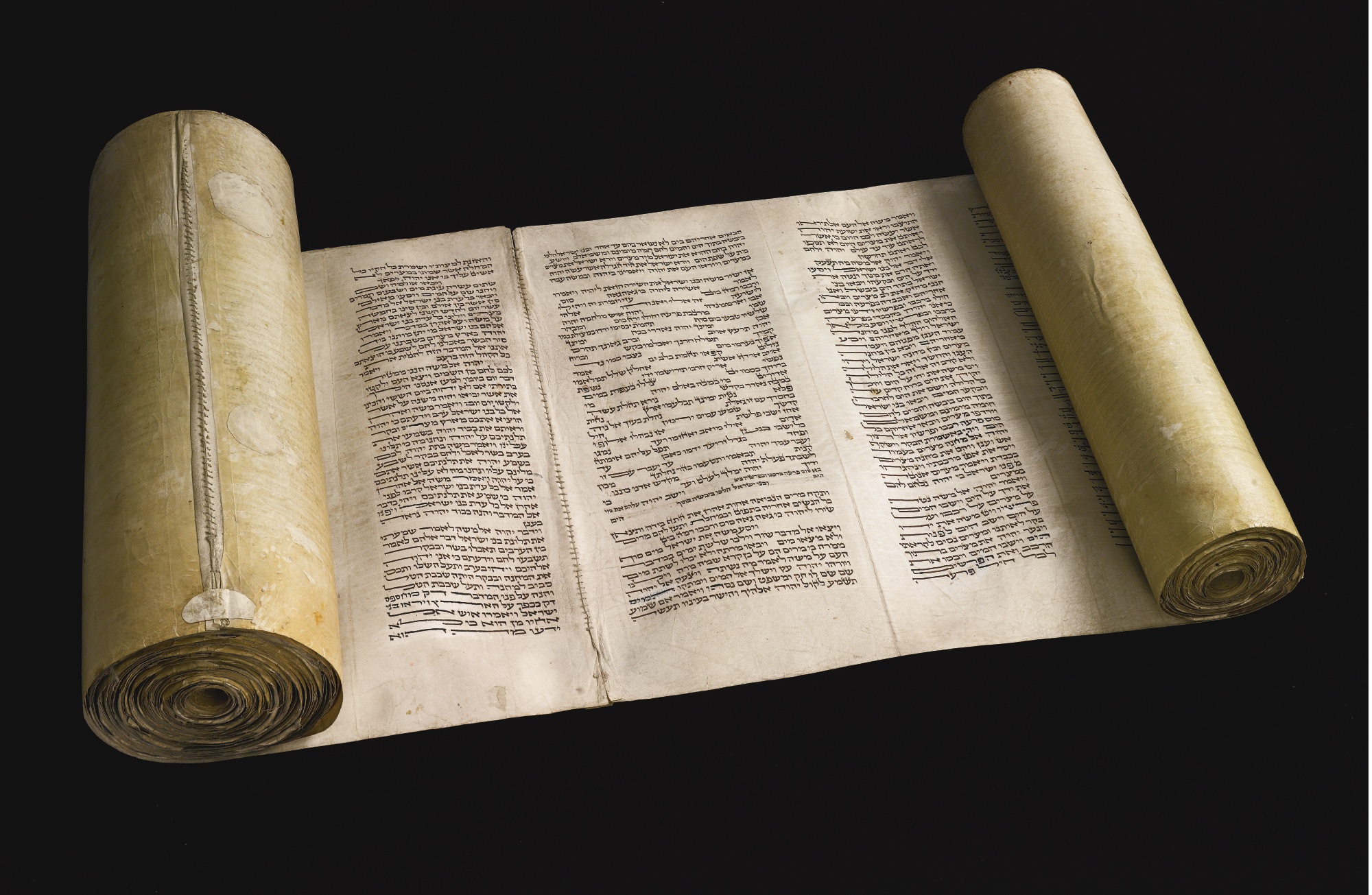עד יעבור עמך ה’ עד יעבור עם זו קנית
Ad yaavor amekha, Adonay, ad yaavoram zu kanita, “Until Your people crosses over, O Lord, until this people You created crosses over.”
Toward the end of the Shirat HaYam we find this apostrophe [the fancy word for an exclaimed address] toward God, anticipating that Israel will “cross over” something. What exactly does this verse address?
Instinctively one might think it is about Israel crossing the Red Sea, although that interpretation is grammatically and literarily unlikely. Only about one third of the Song seems applicable to the Red Sea narrative. The other sections address God’s protection during the journey through the wilderness, ultimately leading them to the Land of Israel and the construction of the Temple. [Perhaps Shirat HaYam is really multiple source poems stitched together, or it is really a grander Israelite historical epic, for which Exodus 15 is really not quite the right placement.]
It seems clear that this statement about Israel “crossing over” refers to them arriving in the promised land, as the poem continues: “You brought them and rooted them in the mountain You possess … in the sanctuary Your hands established.”
The Talmud [Berakhot 4a] has a powerful little midrash about this phrase and its repeated verb of “crossing” into the promised land that I find religiously moving and an aid to davening. The first yaavor, it says, refers to Joshua’s entrance to the land, which was marked by direct divine providence and multiple miracles, especially the splitting of the Jordan River comparable to the splitting of the Sea [see Joshua ch. 3].
The second yaavor refers to the re-entry into the Land of Israel 600 years later, during the time of Ezra, after the Babylonian exile. That latter entry should have been equivalent to Joshua’s entry in every way. But it wasn’t. There was no finger of God; everything was totally normal. “Israel should have been worthy of miracles in the time of Ezra as they were in the time of Joshua ben Nun,” says the Talmud. “But sin prevented it.” The people might have experienced a truly miraculous event. But they blew it, in one way or another.
I bring this midrash into my davening to help me meditate on the unfinished and imperfect character of my religious journeys. When I recite the first yaavor I think about the infinitely distant, mythic promise of perfection; when I recite the second yaavor I am reminded that I have not attained it. Sometimes, like the biblical Ezra the Scribe, I might actually reach the Holy Land; but even when I do I retain an awareness that my sins still hem me in. I can never feel self-satisfied; a little healthy anxiety and self-scrutiny keeps me honest. There is always more work to do.





